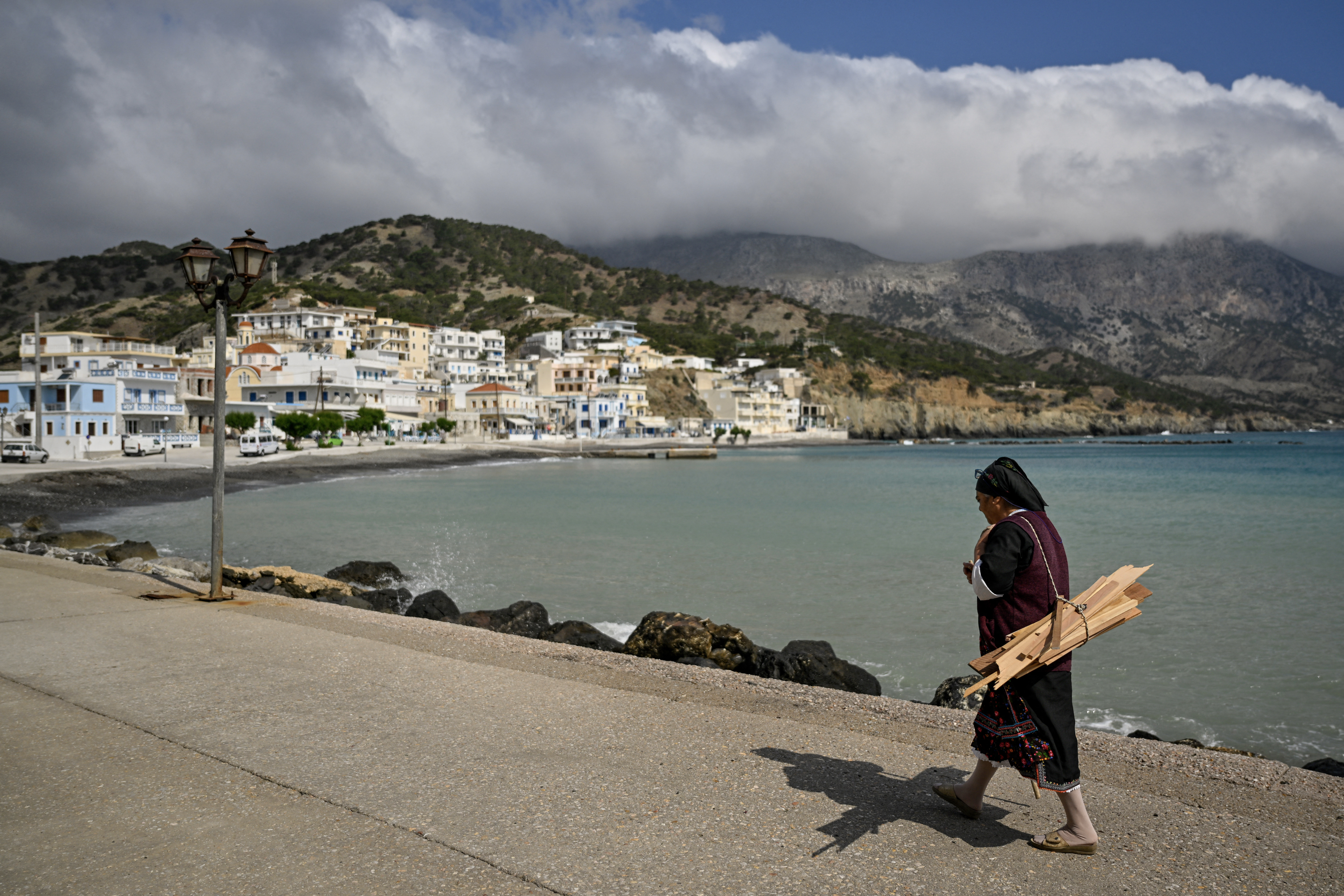
ATHENS - Greece's population has fallen over 400,000 in the past 13 years due to plunging birth rates, aging, and outward migration, Greek media reported Saturday.
Citing research by the Laboratory of Demographic and Social Analyses at the University of Thessaly, To Vima reported that the downward trend is projected to continue for decades, with deaths consistently outnumbering births and the proportion of elderly steadily increasing.
According to the Hellenic Statistical Authority, the 2011 Population-Housing Census recorded a resident population of 10,816,286. By Jan 1, 2024, the resident population was estimated at 10,400,720, reflecting a decrease of over 400,000 people in just over a decade.
Data showed Greece recorded only 72,300 births in 2023, about half the annual average in the 1950s and 1960s. Fertility rates among women born around 1980 remain at 1.3-1.4 children, far below the replacement level. Nearly 23 percent of the population is already aged over 65, with the elderly outnumbering children by almost 1 million.
ALSO READ: Migration boosts EU population again in 2023
The study noted that population shrinkage began after 2011, following the financial crisis, which triggered both the return of migrant workers and large-scale emigration of young Greeks. Structural issues, such as lack of career opportunities and housing pressures, have further discouraged family formation.
Researchers warned that Greece faces a "double challenge": younger generations are either leaving the country or delaying parenthood, both reinforcing long-term demographic decline.


